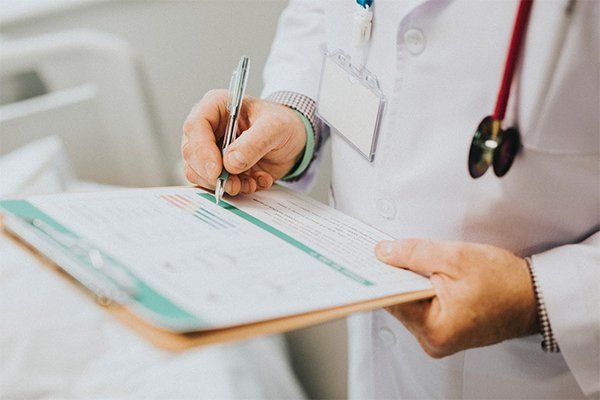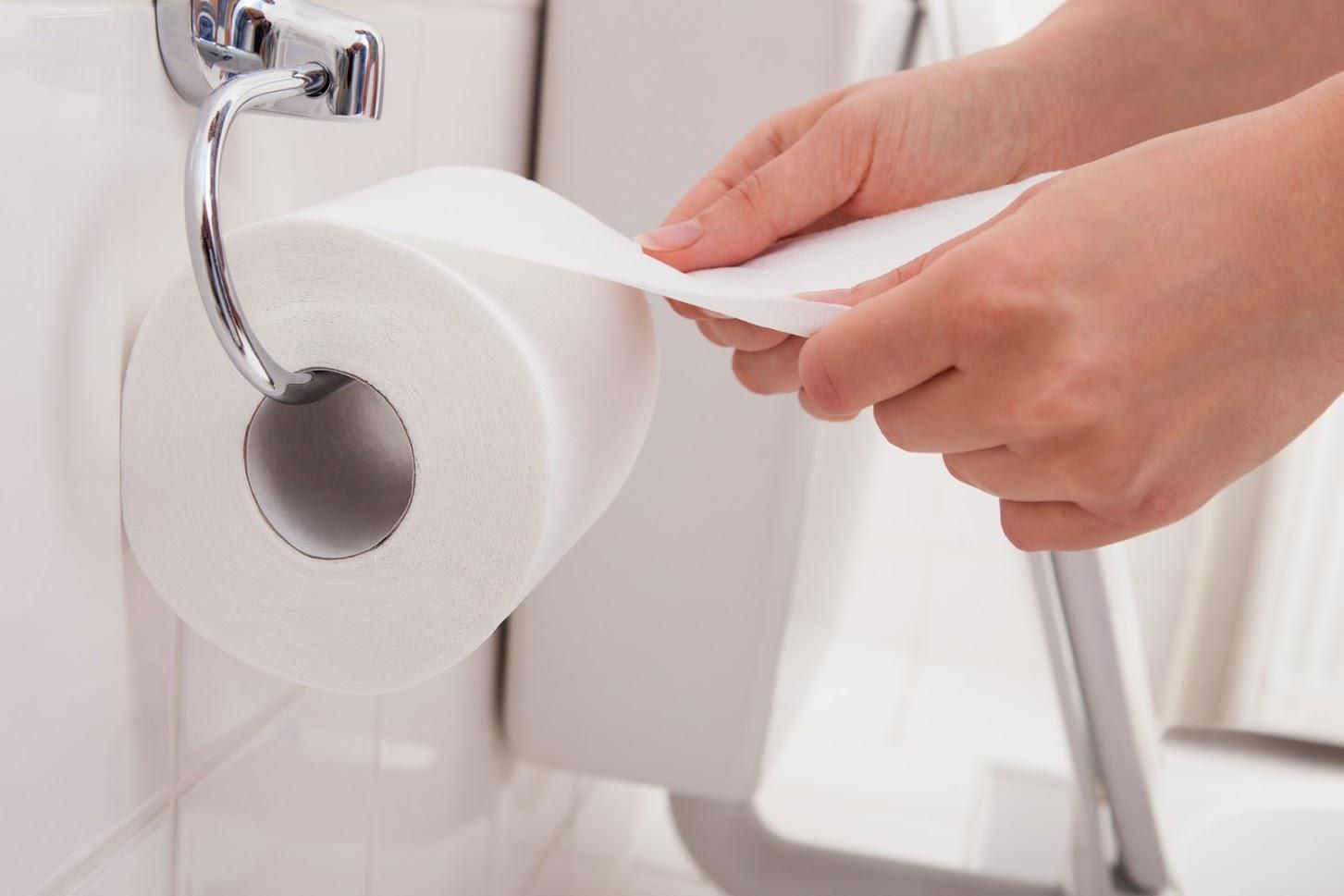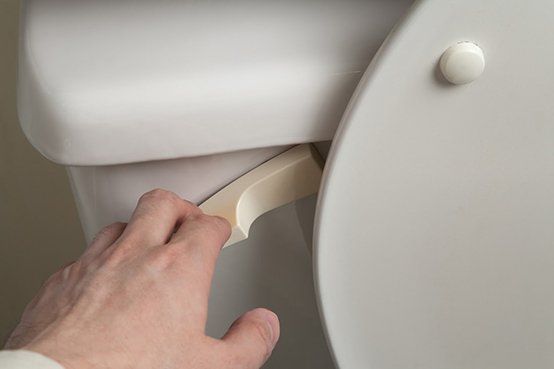Understanding Pancreatitis

It is often easy to ignore abdominal pain, especially when it comes and goes, or if it only happens after you eat certain foods. Unfortunately, abdominal pain can be a sign of several gastrointestinal conditions, and without a physical exam, diagnosis can be difficult. One of these conditions is pancreatitis. If left untreated, this condition can cause life-threatening complications.
What Is Pancreatitis?
Your pancreas is a six-inch gland that sits behind your stomach. It connects to the first section of your small intestine, which is called your duodenum.
This gland is an essential part of your body and performs several different functions. One function it performs is the production of hormones. These hormones control your blood sugar levels, stimulate stomach acids, and control your appetite. These hormones include:
- Insulin
- Glucagon
- Gastrin
- Amylin
If your pancreas does not produce enough insulin to regulate your blood sugar, you develop diabetes.
Your pancreas is also responsible for how your body breaks down fats, sugars, and starches. It does this by producing three different enzymes that break these components down. These enzymes are:
- Lipase, which breaks down fat
- Protease, which breaks down proteins
- Amylase, which breaks down starches into sugar
Pancreatitis occurs when these enzymes attack your pancreas, causing it to become inflamed and painful. If not addressed, chronic pancreatitis can lead to damage and death of its tissue and several other severe medical conditions such as diabetes, malnutrition, and kidney failure.
What Causes Pancreatitis?
Often caused by gallstones and alcoholism, certain other factors can also cause pancreatitis. These include: Certain medications
- Obesity
- Diabetes
- Genetics
- Hypertriglyceridemia
- Hyperparathyroidism
- Infection
- Trauma or injury
- Pancreatic cancer
Unfortunately, the exact cause of pancreatitis is sometimes not found.
What Are the Symptoms of Pancreatitis?
There are two types of pancreatitis. These are acute and chronic. Signs and symptoms vary based on which condition you are experiencing. Some acute symptoms are:
- Upper abdominal radiating pain
- Tender abdominal
- Fever
- Nausea
- Vomiting
Signs of chronic pancreatitis include the above symptoms, but you may also suffer from the onset of abdominal pain after eating; unexpected weight loss; and oily, smelly stools.
How Is Pancreatitis Diagnosed?
Because of the location of your pancreas and the vital job this gland performs, a prompt diagnosis of pancreatitis is crucial. Beyond a physical exam, there are several tests your doctor will conduct to confirm your diagnosis. Some of these tests include
- Blood work
- Abdominal ultrasound
- CT scan
- MRI
- Stool tests
Your doctor may order additional medical testing depending on what your initial exam uncovers.
How Does Food Affect Pancreatitis?
Because your pancreas creates enzymes that break down your fats, sugars, and proteins and help you digest foods, certain foods can contribute to flare-ups and should be avoided when you are having an attack of pancreatitis. These foods include full-fat dairy, sugar-laden desserts, fried foods, red meats, organ meats, and mayonnaise. You should also avoid foods containing refined flour such as cakes and cookies and limit high fiber foods.
Other foods may actually protect or heal your pancreas during a flare-up. It would be best to focus your diet on lean meats, dairy alternatives, whole grains, beans, and fruit such as blueberries and cherries. You should also ensure you stay hydrated at all times to help your digestive process.
If you suspect you have pancreatitis, your condition can deteriorate quickly. Do not delay in seeking medical help. Failure to do so will not only leave you in pain, but the delay can make your condition even worse. Kentuckiana Gastroenterology can examine you and conduct the necessary testing to provide you with an exact diagnosis and treatment. Give us a call to schedule your appointment.

















